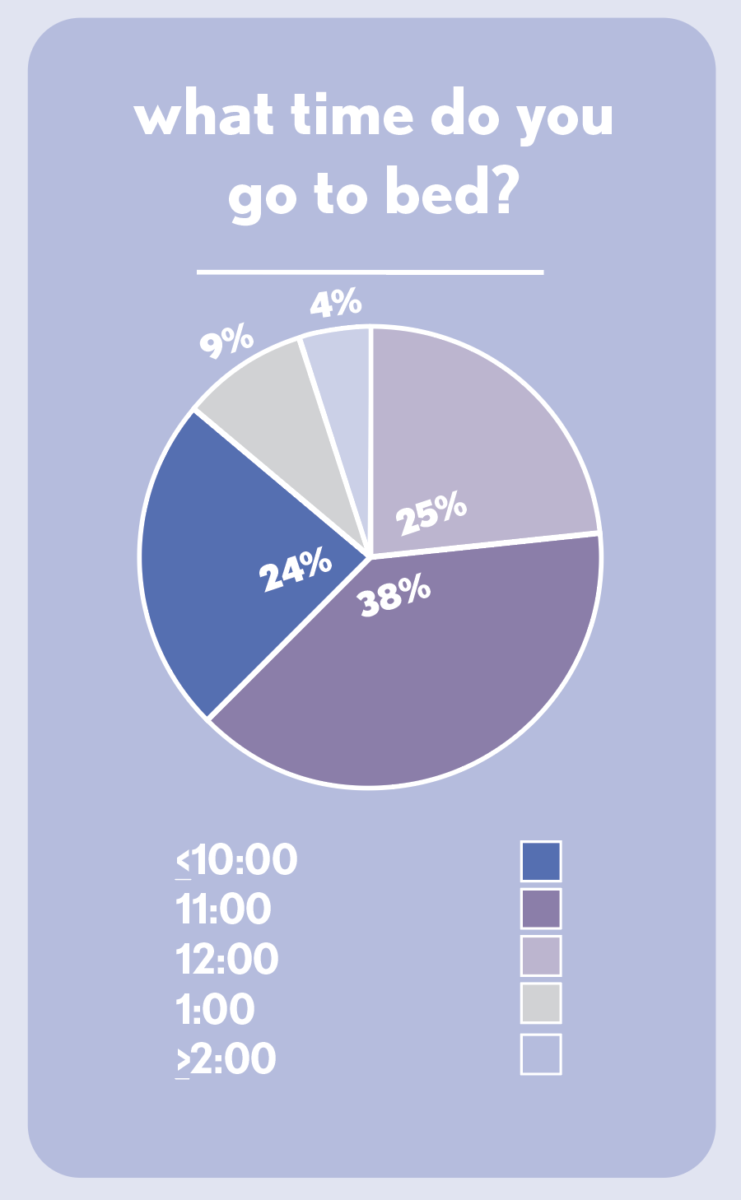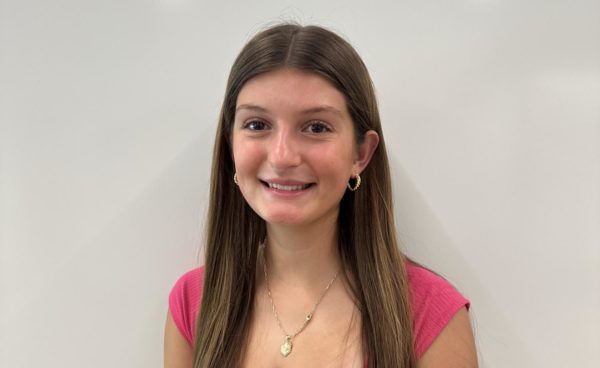After laying awake in bed, not being able to fall asleep, I started to wonder if my peers have this problem as well.
It turns out that a lack of sleep is more common for teens than you might think. For most teens, their body starts producing melatonin, the hormone that tells your body to go to sleep, around 11 p.m. making it difficult to fall asleep before that.
The CDC recommends teens get 8-10 hours of sleep each night, and that simply isn’t possible if school is starting too early, especially because most kids need time to get up and get ready for the day before they leave for school.
The obvious answer to this problem is pushing back the start time of school, not the other way around as BV did this year.
In a poll of 245 students, 53% of them feel that they don’t get enough sleep, and 25% feel they only get enough sleep when school starts an hour later than normal. Almost every study done on students getting better sleep says that school should start later.
Despite popular opinion, teens going to bed late is not a “rebellious attitude” but actually our bodies telling us it’s just not time to sleep yet. According to “UCLA Health,” before puberty a student’s body produces melatonin around 8 or 9 p.m. when the sun is fully set, but after puberty, that shifts to 11 p.m. This is called “sleep phase delay.”
Typically, melatonin production is controlled by the amount of light the eyes are taking in, so when the sun sets you should be getting sleepy, but sleep phase delay causes teens to produce melatonin a few hours later than normal. That is why we struggle with falling asleep earlier. The majority of BV students go to sleep around 11 to midnight, just like the average teenager.
It is recommended that teens should get a minimum of 8 hours of sleep, ideally closer to 10 hours. I know I don’t feel fully rested unless I get 9-10. According to the CDC, students who don’t regularly get enough sleep are more likely to have health problems like being overweight, not getting enough physical activity, having symptoms of depression or anxiety, having behavior issues and not doing very well in school.
However, the CDC said students who get enough sleep have an easier time staying focused, better concentration, and do better in school overall.
So what time should school start? The American Academy of Pediatrics recommends school should start no earlier than 8:30, but I think it needs to start even later so I have time to get up, get ready, eat breakfast and make my lunch before I have to leave for school.
School starting later would benefit both the students and the schools. Getting more sleep would greatly benefit the physical and mental health of students.
This would benefit the schools because their students would be more energetic, have better concentration and be overall more productive and ready to learn.
I know I would be way happier and do better in school if I was getting a decent amount of sleep.




